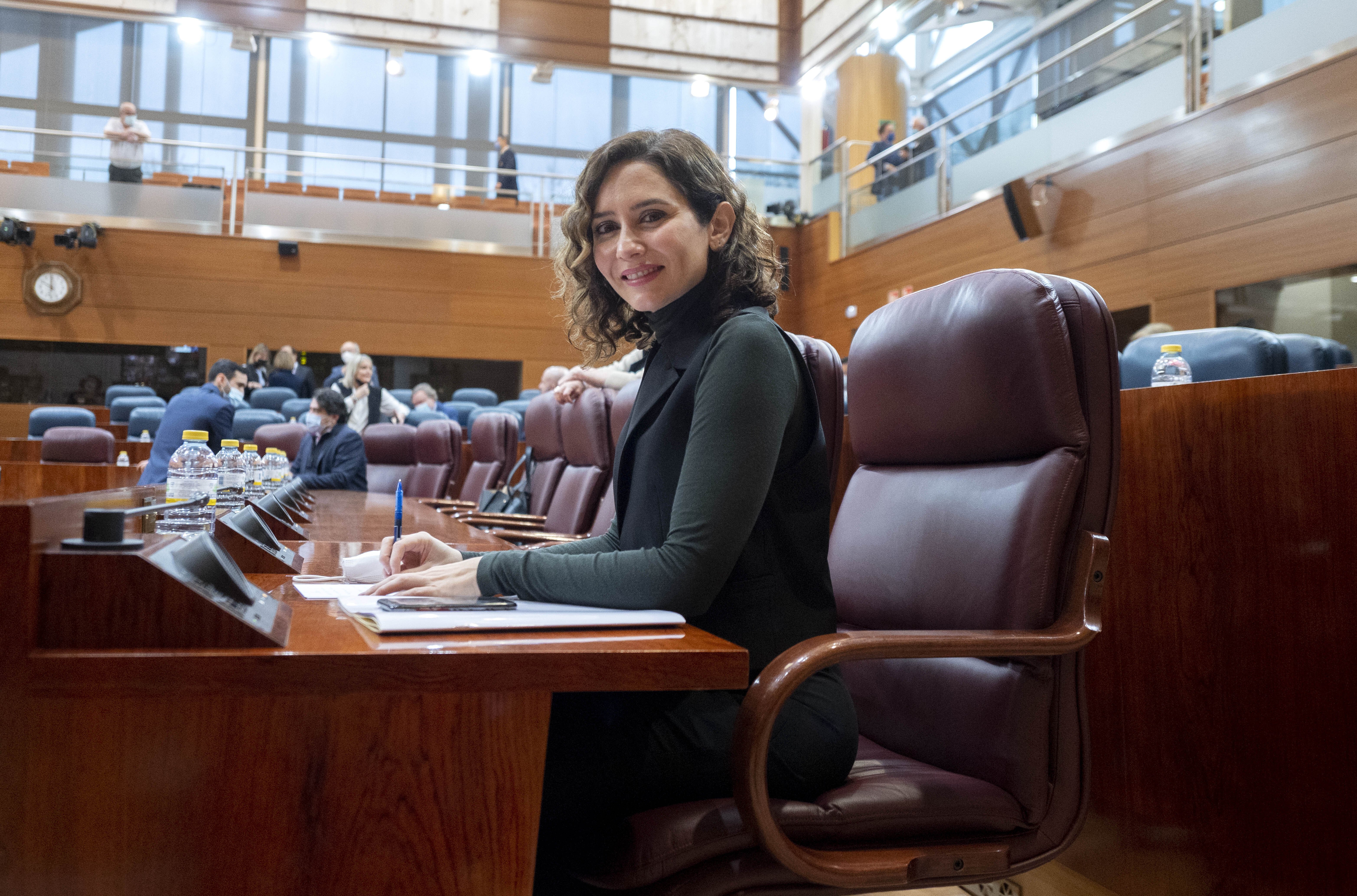The so-called Ayuso case - which has already changed the face of Spanish politics by precipitating the departure from office of PP leader Pablo Casado - has given rise to a new controversy, this time between Spanish and European justice. The European Public Prosecutor's Office (EPPO) has said this Wednesday that the decision of Spain's Prosecutor General, Dolores Delgado, to allow a division into two parts of the case centred on contracts for face masks purchases in Madrid - and focused on the brother of the regional president, Isabel Díaz Ayuso - does not comply with European Union law and is "a challenge to supremacy." In a statement, EPPO states that it has "taken note" of the decision by Spanish public prosecutors on March 28th to divide the competence for the same facts between Spain's anti-corruption prosecutors and the European body, and considers that "this decision is not in line with EU law and [EPPO] will continue its investigation." Furthermore, as the European prosecutors have suggested, given the "exclusive mandate" which the European Court of Justice has to ensure the correct interpretation of EU law, the matter "constitutes a challenge to supremacy of EU Law", according to the statement.
Concern about procedure
In addition, the European chief prosecutor, the Romanian Laura Kövesi, expressed her "concern" about the procedure that led to the decision on the division of competence, because it was taken by the head chief Spanish prosecutor, "who is the hierarchical superior of the national body and thus partial to the ongoing proceedings". The Spanish decision was taken without hearing the two parties involved in the conflict of competence during the meeting of prosecutors serving that court, and the Spanish law governing this procedure, which has to do with the interpretation and application of Union law, "does not provide for any remedy," the EU body said in a statement. Chief Spanish prosecutor Dolores Delgado announced on Monday that the Spanish anti-corruption prosecutor's office, led by Alejandro Luzón, will continue to investigate the mask contract involving Ayuso's brother, instead of referring the case to the European level, which had demanded it. The European Public Prosecutor's Office considers that it has "priority competence" to investigate "all the facts related" to a possible fraud affecting the financial interests of the European Union and called to handle the case to avoid "duplications". The EU body requested to investigate the case given the possibility that an offence of misappropriation of European funds was committed with respect to this contract, for which Ayuso's brother was paid 55,000 euros, but Delgado considered that the case "deals with behaviours that directly and essentially affect national interests", and for that reason it considered that it is up to the national public prosecutors to determine whether there are indications "for the possible initiation of criminal proceedings".
Anticorruption
The investigation of the case will thus continue through the Spanish department headed by Luzón, who, at the current stage of the case at least, does not share the criteria of Concepción Sabadell, Spanish representative of EPPO, who asserts that a crime of misuse of European funds may have been committed. In this way, EPPO will be able to continue its investigation into the facts that affect the EU's financial interests, and for that purpose has a copy of the proceedings, but has not been granted the right to investigate the facts affecting the operation of the Spanish public administration. The Spanish anti-corruption prosecutors opened proceedings on February 22nd to investigate whether there were indications of crime in the 1.5 million euro contract for the purchase of masks from China during the first wave of the pandemic, a contract that the Community of Madrid awarded to a company linked to Díaz Ayuso's brother and for which he received 55,850 euros. The case of Ayuso's brother has become the first conflict of competence to arise between the Spanish and European Public Prosecutor's Offices since the latter began operating in June 2021.
PP power struggle
The corruption accusations against the People's Party politician Ayuso burst into the headlines in Spain in mid-February, and caused the on-going leadership tensions within the party to explode into a full-on power struggle. Leader Pablo Casado was the loser, abandoned by his colleagues when it became known that his leadership had attempted to use the allegations to undermine Ayuso. Alberto Núñez Feijóo is about to replace him as PP leader. Nevertheless, the investigation of the mask contract case in Madrid has continued.

